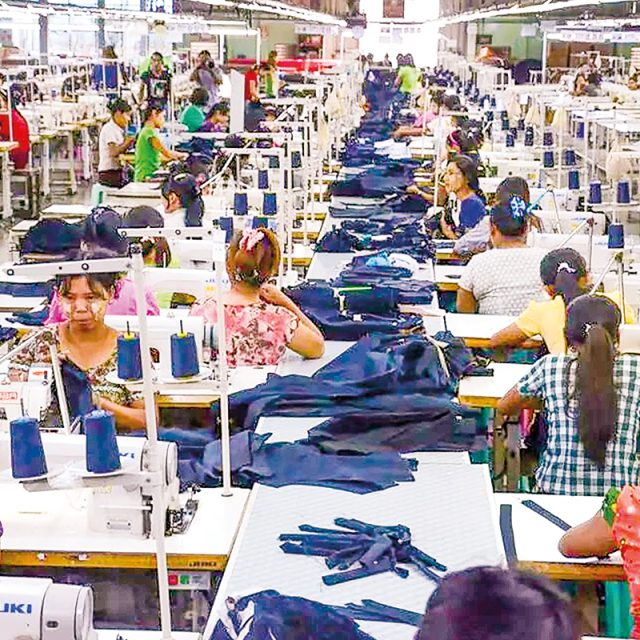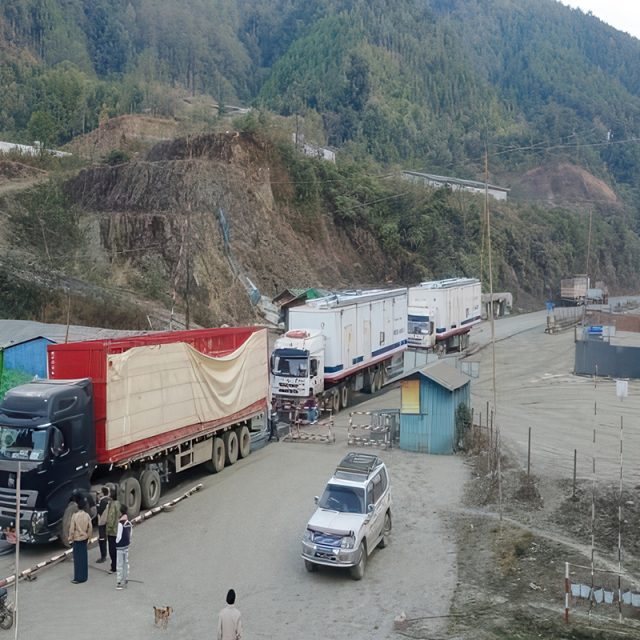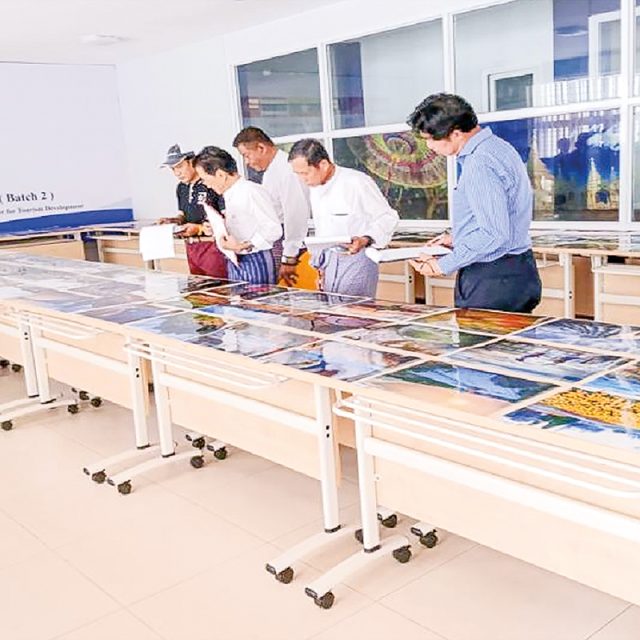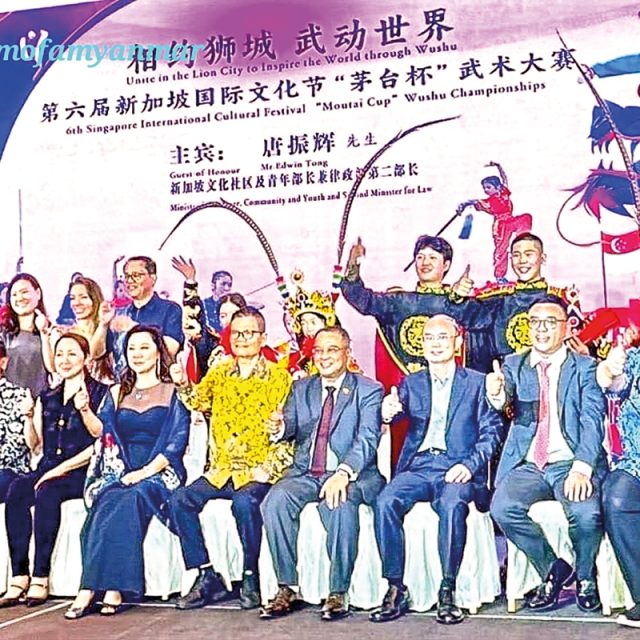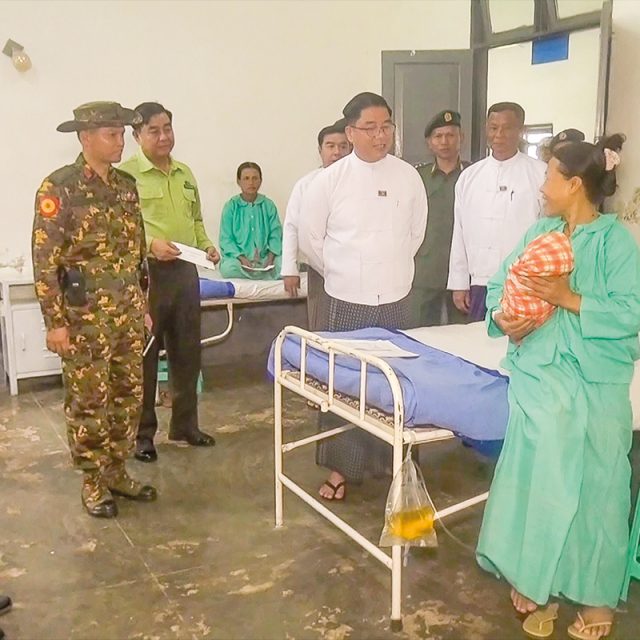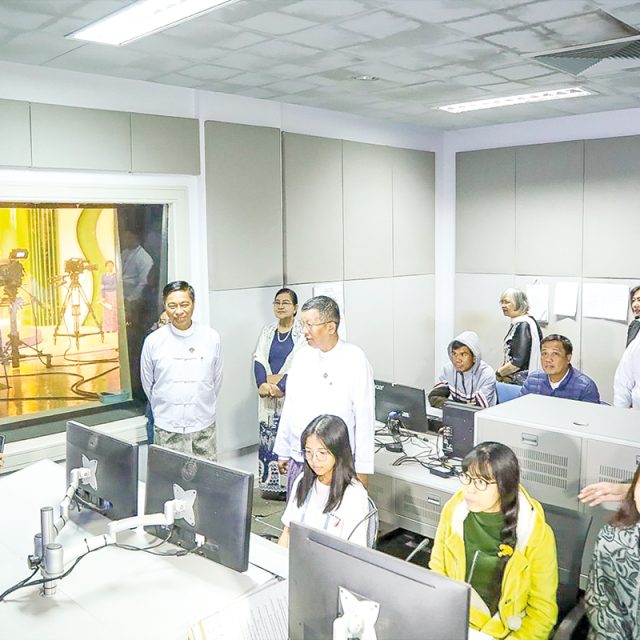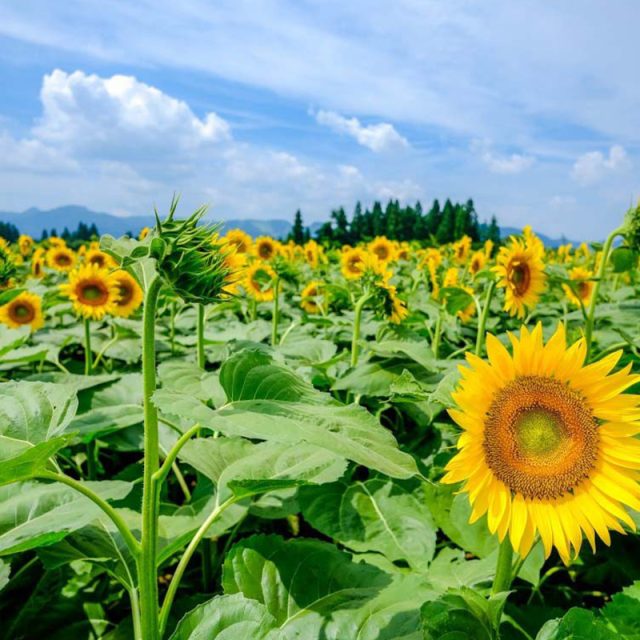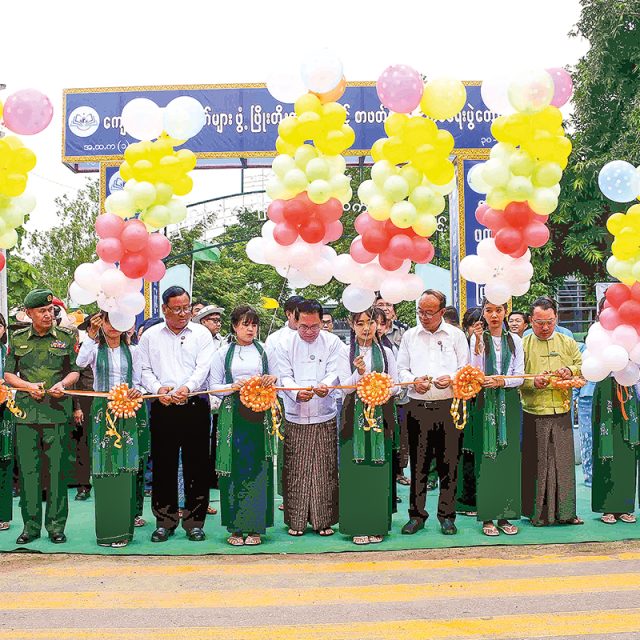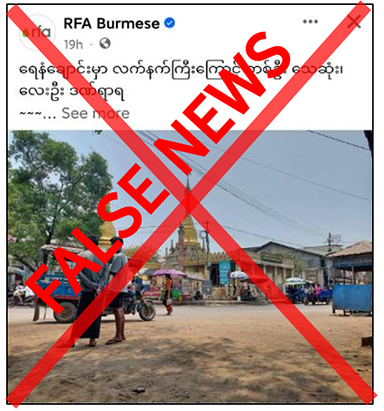Human trafficking, a modern form of slavery, is a grave violation of human rights, affecting thousands of men, women, and children worldwide. Countries across the globe grapple with this issue, serving as points of origin, transit, or destinations for victims.
The United Nations Office on Drugs and Crime (UNODC) leads global efforts against this crime through the United Nations Convention against Transnational Organized Crime (UNTOC) and its related protocols. The Protocol to Prevent, Suppress, and Punish Trafficking in Persons, a key element of this framework, outlines the comprehensive definition of human trafficking. It includes the recruitment, transportation, transfer, harbouring, or receipt of individuals through threats, force, coercion, abduction, fraud, deception, abuse of power, or exploitation of vulnerability. The protocol also encompasses the giving or receiving of payments to gain control over another person for exploitation.
Myanmar actively engages in regional anti-trafficking initiatives, particularly through the Greater Mekong Sub-region project. This cooperation includes countries like China, Thailand, Laos, and India, with whom Myanmar has signed bilateral agreements to combat trafficking. Additionally, Myanmar collaborates with Bangladesh, India, Sri Lanka, Thailand, Bhutan, and Nepal under the Bay of Bengal Initiative for Multi-Sectoral Technical and Economic Cooperation (BIMSTEC) and participates in the Asia-Pacific Bali Action Plan.
The Myanmar government is committed to combatting human trafficking through coordinated efforts involving law enforcement bodies, including the Myanmar Police Force, government departments, and the public. The country faces five primary forms of trafficking: forced marriages, forced prostitution, forced labour, child trafficking, and debt bondage. Each category poses unique challenges and requires targeted strategies for prevention and prosecution.
Forced marriages often involve young girls and women sold or coerced into marriage, frequently crossing borders. Forced prostitution exploits vulnerable individuals, forcing them into the sex trade under threats or violence. Forced labour involves coercing individuals into work under inhumane conditions, while child trafficking targets minors for various forms of exploitation, including labour and sexual abuse. Debt bondage traps individuals in work environments to repay debts, often under unfair and abusive terms.
To combat these crimes, Myanmar relies on a multi-faceted approach. Strengthening legal frameworks, enhancing law enforcement capabilities, raising public awareness, and fostering international cooperation are critical components of the strategy. By addressing the root causes and providing support to victims, Myanmar aims to significantly reduce the incidence of human trafficking and protect the rights and dignity of all individuals.
Combat human trafficking in all forms
- July 31, 2024
- 8





